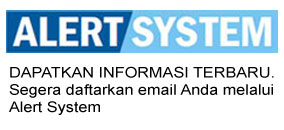PMAC 2020
Parallel Session 1.4
Addressing the Political Economy of UHC
Friday, 31st January 2020
Gabriel Leung, Beverly Ho, Jacqueline Kitulu, Chalermsak Kittitrakul, Jesse Bump
Side Meeting
Opening Session
Plenary Session 0
Plenary Session 1
Parallel Session 1.2
Parallel Session 1.4
Plenary Session 2
Parallel Session 2.1
Parallel Session 2.2
Parallel Session 2.3
Parallel Session 2.5
Parallel Session 3.2

Political economy is inevitably involved in the system of universal health coverage. Problems could come from the government of a nation, for instance, power game which influence the allocation of resources, subsidizing informal non-poor citizens, and challenge to maintain UHC momentum with changing governments. Issues also can arise from global level, where there could be misalignment of goals between donors and recipient countries, and also from pharmaceutical sector where they impose unaffordable highly prices that make domestic financing of UHC challenging.
Overcoming those challenges require the cooperation and communication between and also within multinational to multisectoral approach. International agreements can be conducted to bring down drug prices. However, the solutions should not be only limited from international partners, but also from the support of multiple local stakeholders either from the government or private sectors. Responsibilities should be divided among the stakeholders to ensure accountability; laws could be implemented to define the structures and to delineate the roles of different stakeholders. In parallel, it is also crucial to increase the people’s sense of ownership, which will subsequently protect the system.
Universal health coverage was formulated at the end of one era (the latest cycle of globalization and the end of industrial revolution 3.0); it is now being implemented and monitored at the start of a new and very different era (age of uncertainty, nationalism, reduced solidarity, start of industrial revolution 4.0). Effort are needed to sustain work around UHC and to translate rhetoric into concrete actions.








